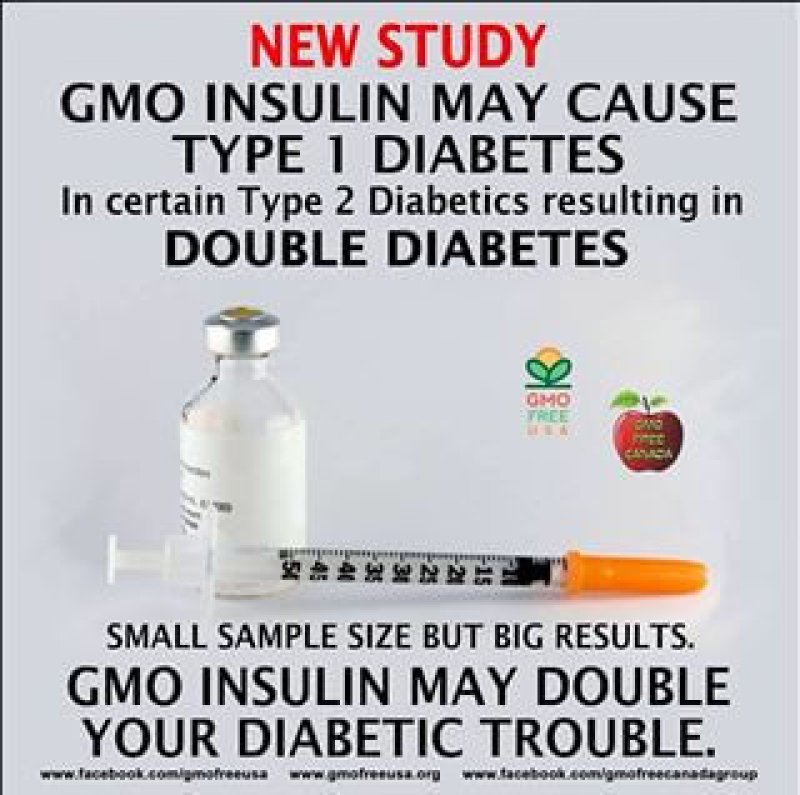Researchers have discovered how a genetic mutation may lead to excess production of insulin, a condition known as congenital hyperinsulinism, even if the patients have not eaten any carbohydrates.
Since the function of insulin is to metabolise sugars, excess production of insulin leads to chronic hypoglycaemia. The brain, which devours vast quantities of energy, is perpetually undernourished. The disorder can therefore lead to serious brain damage and even death in the worst cases.
In a study published in the journal Human Molecular Genetics, the researchers described the effects of a genetic mutation in cases of congenital hyperinsulinism. Congenital hyperinsulinism starts exerting its effects from birth. Although it is considered to be a rare disease, affecting roughly one in every 50,000 newborn babies, it may be underdiagnosed.
…
Insulin promotes the transfer of glucose to the muscles. If there is a constant surplus of insulin, it leads to undernourishment of the brain, which in turn results in brain damage and intellectual retardation, and to coma and even death in the most critical cases. This discovery could pave the way for new therapies for the condition for which currently available are problematic.
The GLP aggregated and excerpted this blog/article to reflect the diversity of news, opinion, and analysis. Read full, original post: Genetic mutation may lead to excess insulin, even if patient has not eaten any carbs































